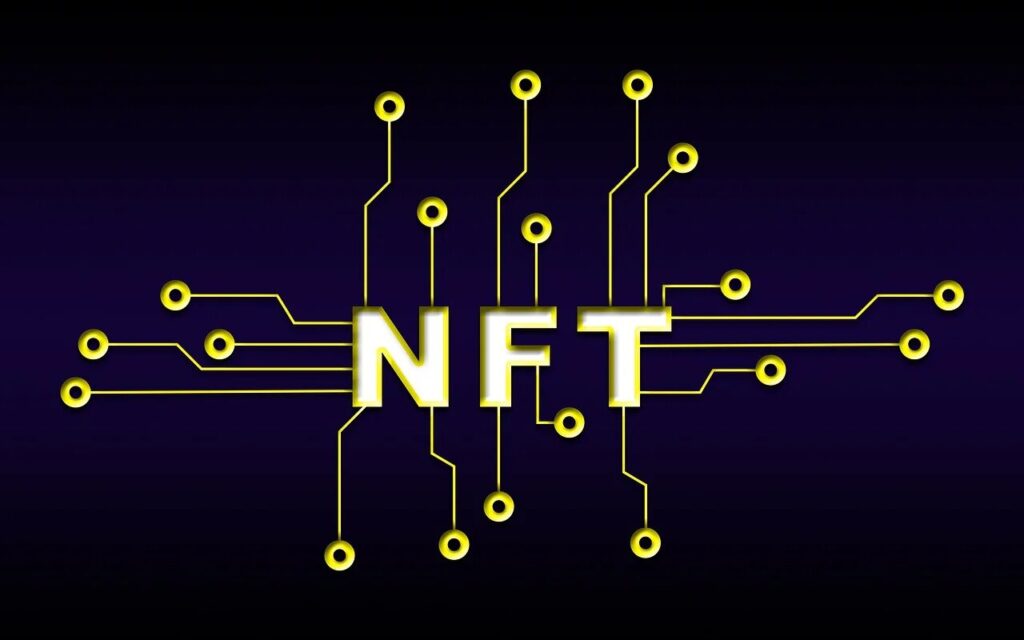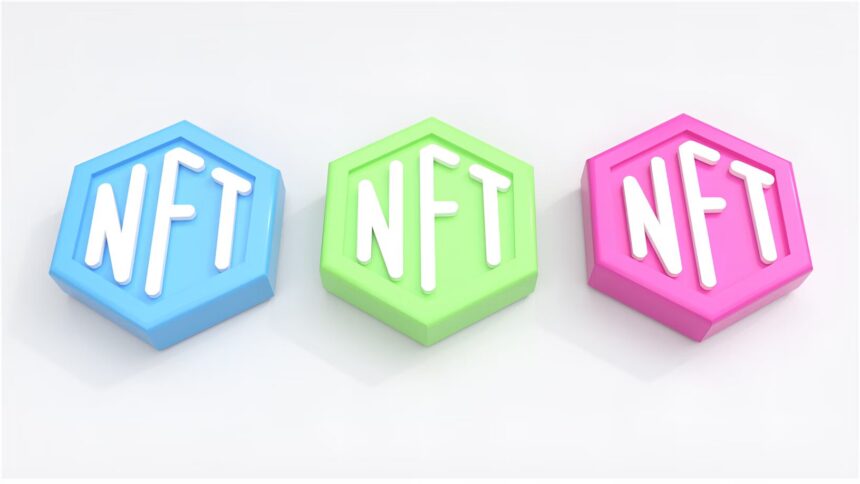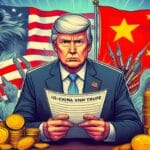The narrative around non-fungible tokens (NFTs) has seen a significant shift recently. Initially hailed as the frontier of digital ownership and creativity, NFTs encountered scepticism as trading volumes dropped and market enthusiasm appeared to diminish. Yet, voices within the blockchain community are challenging the idea that NFTs are in decline, asserting they are instead undergoing evolution and maturation.
The Evolving Narrative of NFTs
Anoir Houmou, founder and CEO of the Sui-backed video engagement platform RECRD, dismisses the idea of the Death of NFTs as an oversimplification. He points out that every emerging technology experiences cycles of correction:
“Recent trends indicate a market maturing after the explosive growth witnessed over the last few years. We’re moving into a phase where the focus is on sustainability, real-world utility, and integration into broader technological ecosystems.”
Houmou’s sentiments are echoed by industry leaders like Yale ReiSoleil, CEO and co-founder of NFT trading platform Untrading, who sees the current decline in NFT volumes as a natural adjustment rather than a signal of irrelevance:
“NFT volumes are down significantly, but that doesn’t necessarily mean they’re dead. The market is likely correcting after a period of hype.”
This perspective reflects a shift in NFT market dynamics towards sustainable growth and practical applications beyond speculation. With evolving regulations and matured consumer expectations, NFT platforms are innovating for market stability, highlighting NFTs’ resilience and integration into global digital and traditional markets.
Industry Insights
Oh Thongsrinoon, Chief Marketing Officer at Altava Group, emphasizes the growing acceptance of NFTs beyond mere collectibles. He highlights recent achievements in tokenizing real-world assets, pointing to significant sales volumes and Bitcoin’s role in solidifying NFTs as a formidable digital asset:
“With Bitcoin-based NFTs recently recording sales volumes of $148 million and Bitcoin standing as one of the top three leading blockchain networks for NFT sales, this signifies strong NFT sentiment.”
This trend underscores Bitcoin’s dual role as a store of value and a facilitator of innovative digital ownership models, further integrating digital scarcity into broader financial ecosystems. Altava Group’s strategic emphasis on harnessing Bitcoin’s infrastructure underscores an increasing intersection between cryptocurrency adoption and the global expansion of digital asset markets.

NFTs Beyond Collectibles: Tools for Digital Ownership
Toshiuki Otsuka, founder of the snap-to-earn platform SNPIT, passionately rejects the idea of the Death of NFTs. For Otsuka, this period of market correction is integral to the evolution of NFT technology:
“Absolutely not. NFTs are evolving beyond collectibles into tools for digital ownership and utility. Market corrections and signal maturation are normal.”
Otsuka foresees wider applications for NFTs across industries, envisioning innovative uses beyond their current role, primarily as digital art or collectibles. He anticipates that as the technology evolves, NFTs will play a crucial role in enhancing digital ownership and operational efficiency.
Tokenisation and Trust
An optimistic outlook is shared by Houmou, who sees NFTs transcending their infancy to redefine various sectors, particularly within the creator economy:
“NFTs are becoming more than just digital collectibles and transforming industries, including the $250 billion creator economy, by providing transparency, security, and new revenue models.”
Thongsrinoon underscores the importance of real-world asset (RWA) tokenization as a pivotal use case for NFTs, citing its potential to add tangible value and trust through immutable smart contracts:
“The technology behind NFT makes it a perfect and immutable smart contract whether that be real estate or government bonds among many potential uses.”
Conclusion- Death Of NFTs?
Despite rumours that declining trading volumes signal the death of NFTs, industry insiders firmly believe they are far from obsolete. Instead, they argue that this phase marks a necessary evolution towards sustainability, utility, and broader adoption across various sectors. As the market undergoes correction and innovation, the future of NFTs seems poised to deepen their integration into digital and economic landscapes, showcasing resilience beyond passing trends.
This reassessment of NFTs reflects a broader maturation of the digital asset space, shifting from initial hype to practical applications and sustainable growth. With ongoing advancements in blockchain technology, the potential of NFTs to revolutionize industries beyond current boundaries continues to grow.




















